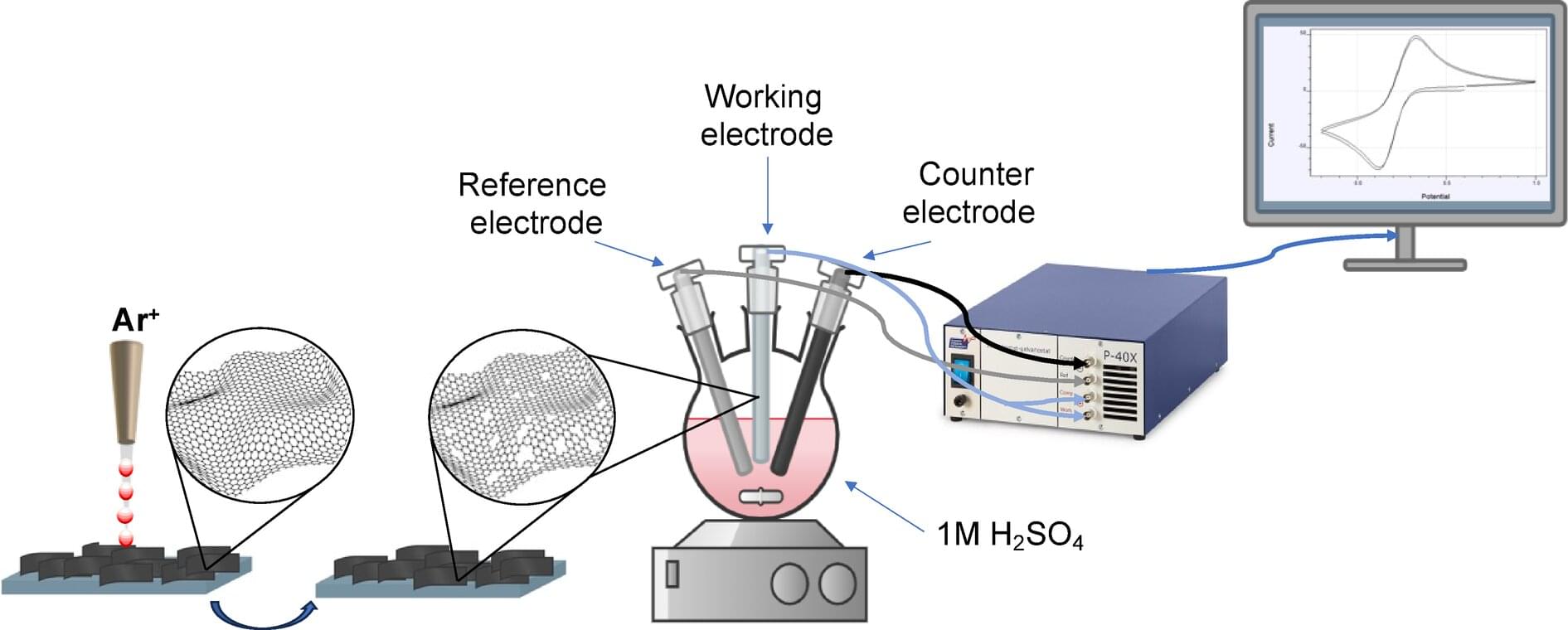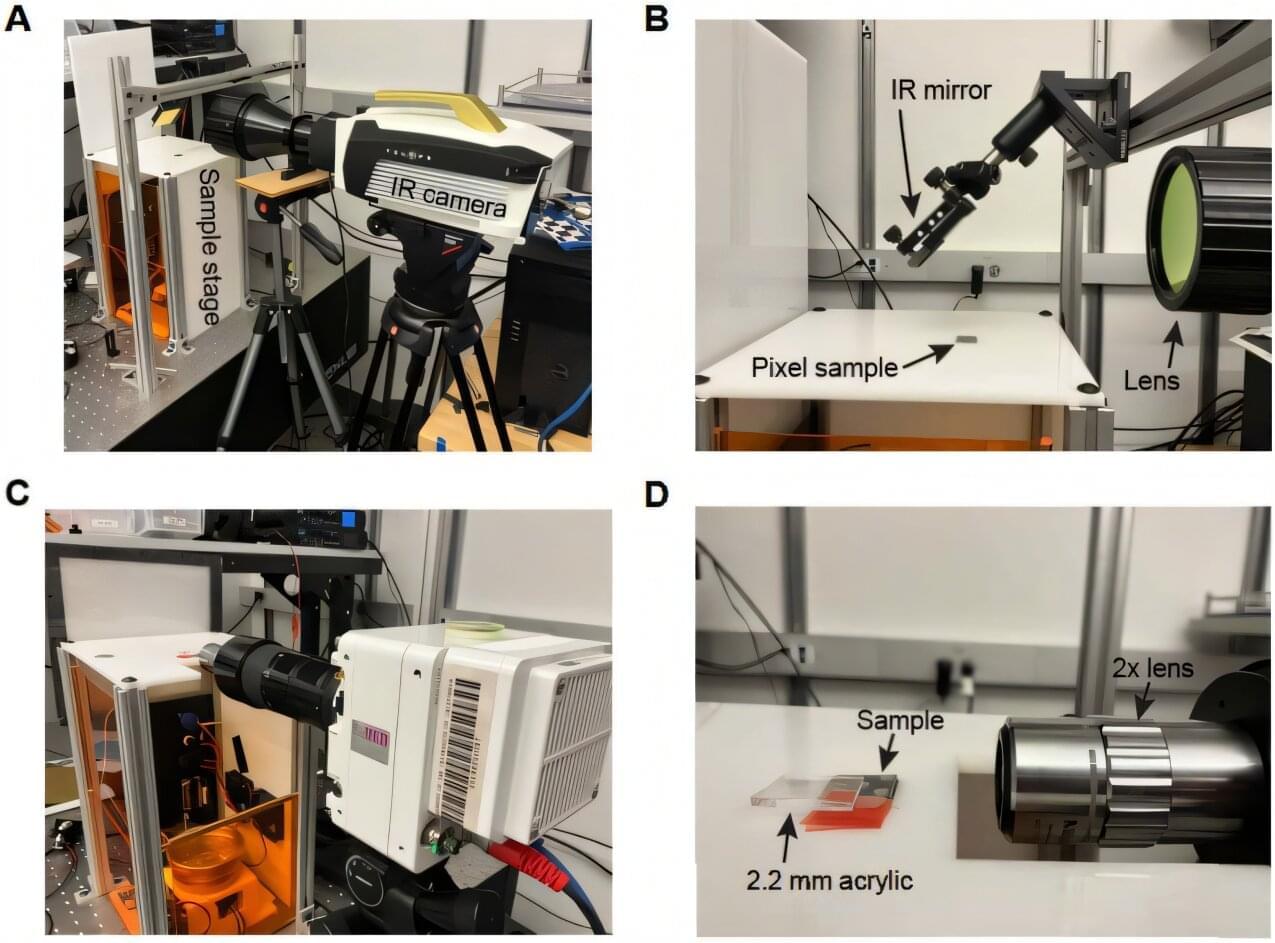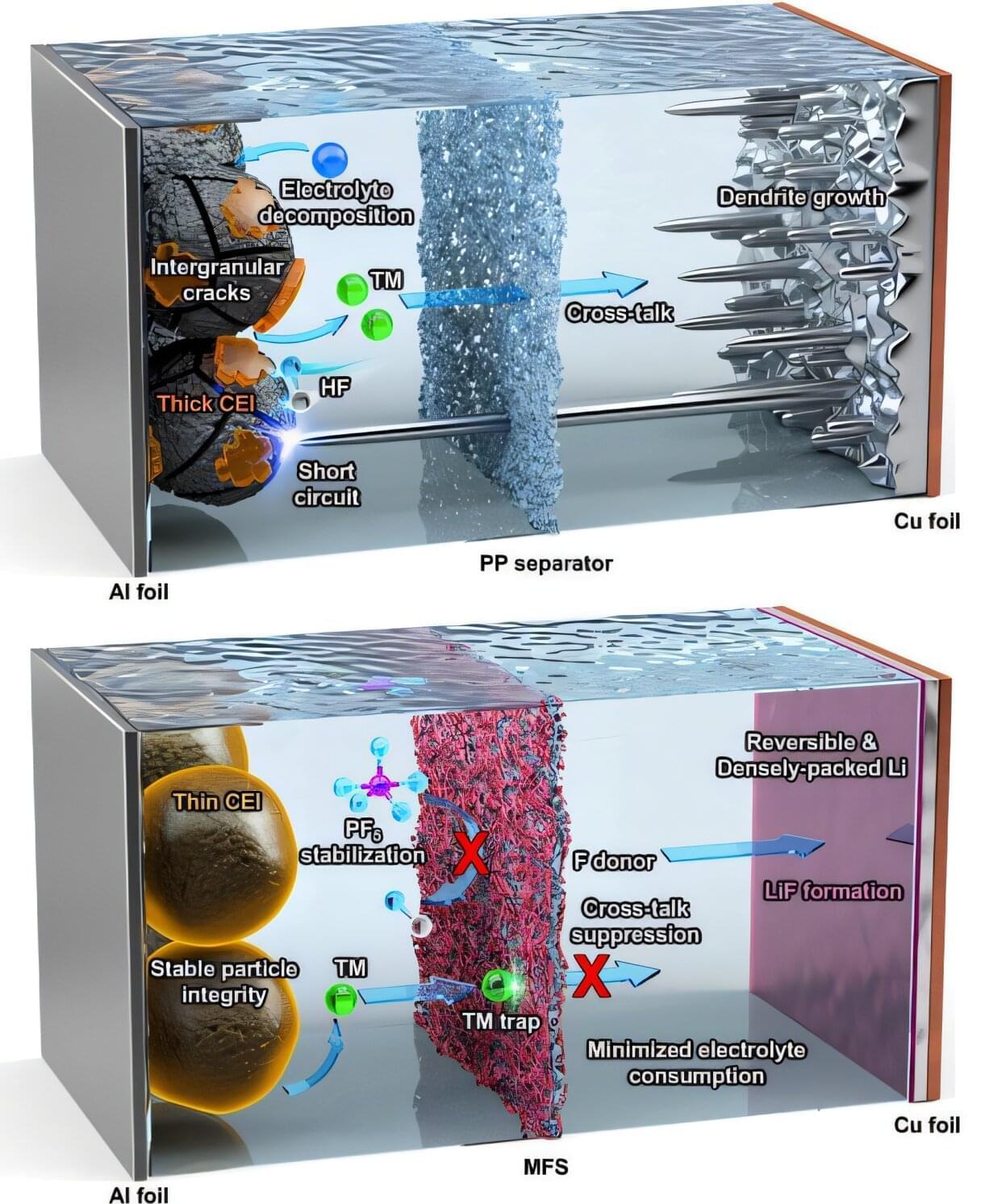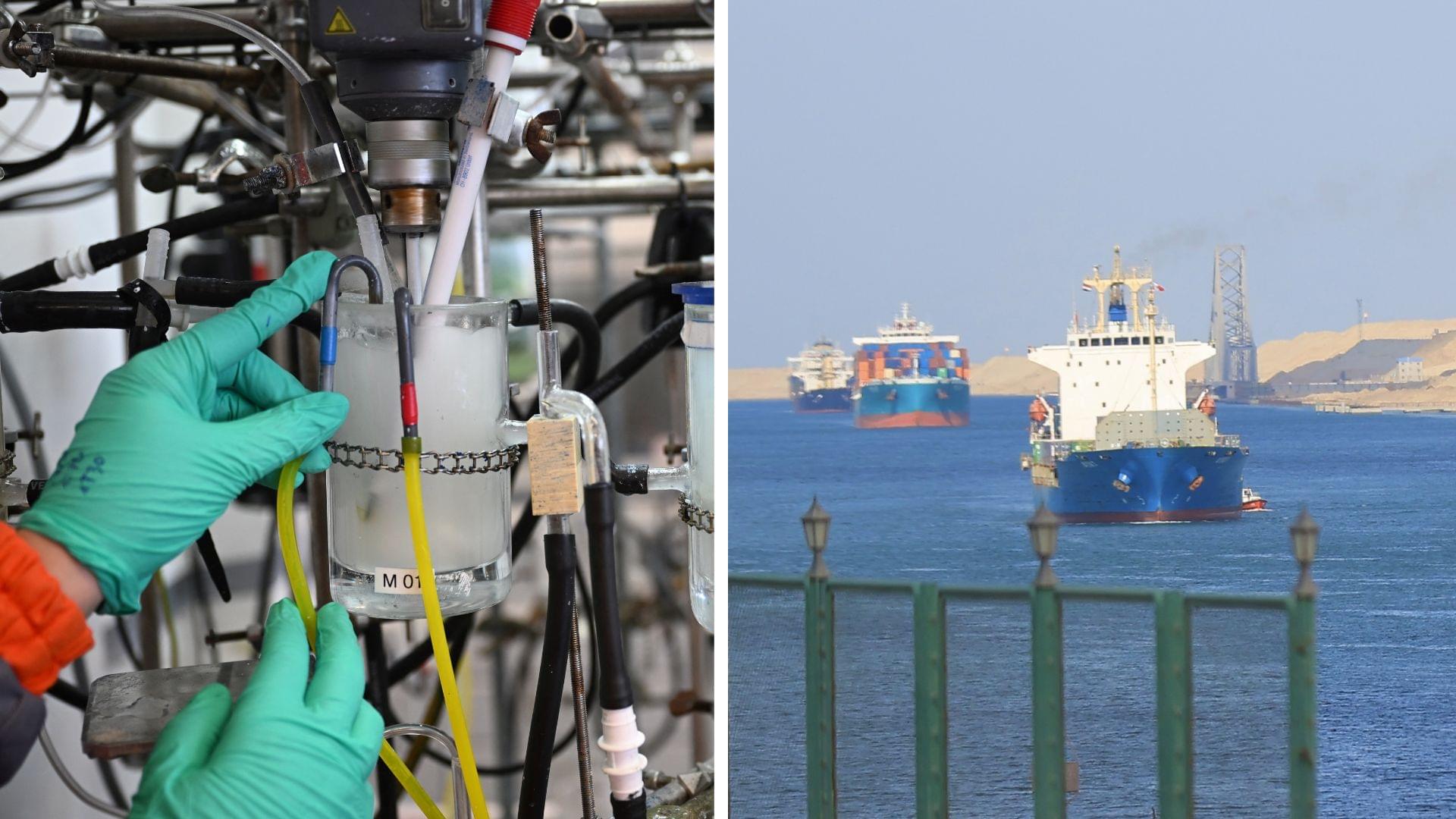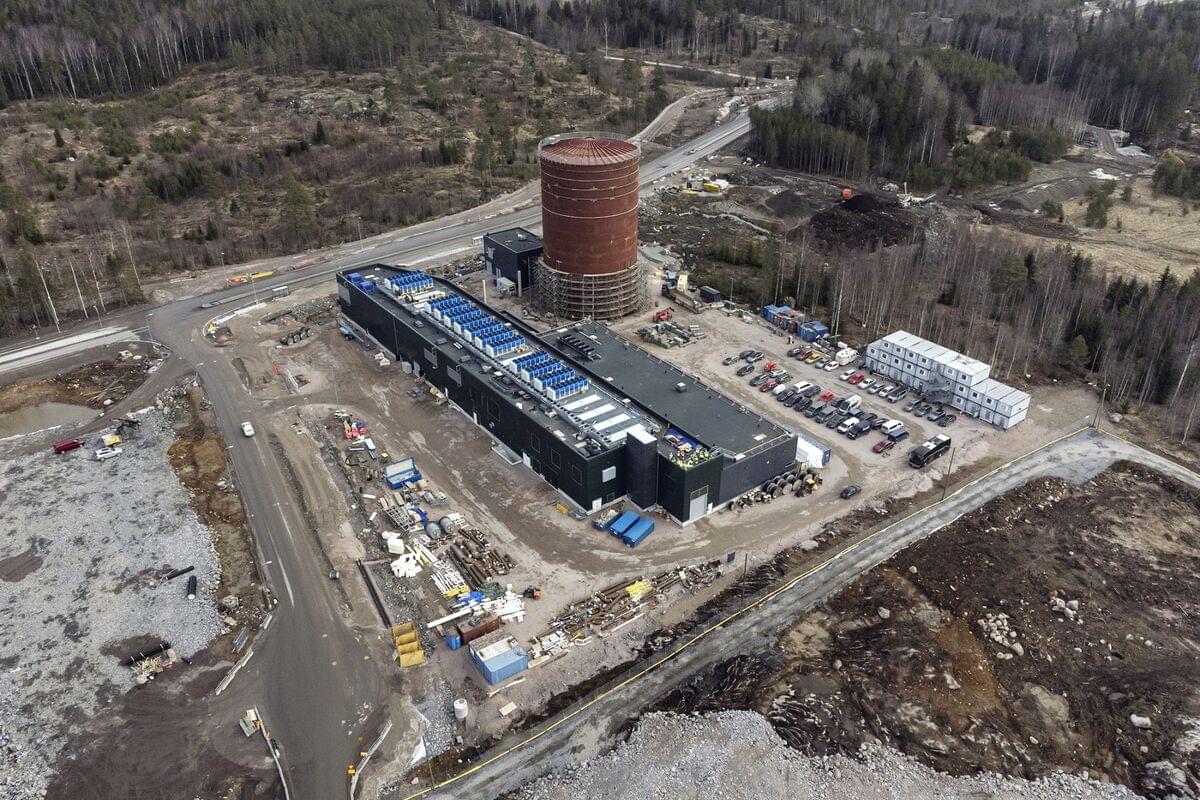When Finnish engineer Ari Kurvi takes a hot shower or turns up the thermostat in his apartment, he’s tapping into waste heat generated by a 75-megawatt data center 5 kilometers away. As its computer servers churn through terabytes of digital information to support video calls, car navigation systems and web searches, an elaborate system of pipes and pumps harvests the cast-off energy and feeds it to homes in the town of Mantsala in southern Finland.
Since it began operation about a decade ago, the data center has provided heat for the town. Last year, it heated the equivalent of 2,500 homes, about two-thirds of Mantsala’s needs, cutting energy costs for residents and helping to blunt the environmental downsides associated with power-hungry computing infrastructure. Some of the world’s biggest tech companies are now embracing heat recovery from data centers in an effort to become more sustainable.
Kurvi is one of the pioneers of this emerging technology: As an engineer and project manager for Hewlett Packard starting in the 1980s, he spent years working with humming stacks of hardware in hot server rooms during the freezing Finnish winters. That made him think that there must be a good way to put that wasted heat to use.
By pairing computer processing facilities with district heating systems, countries like Finland and Sweden are trying to limit their environmental downsides.
